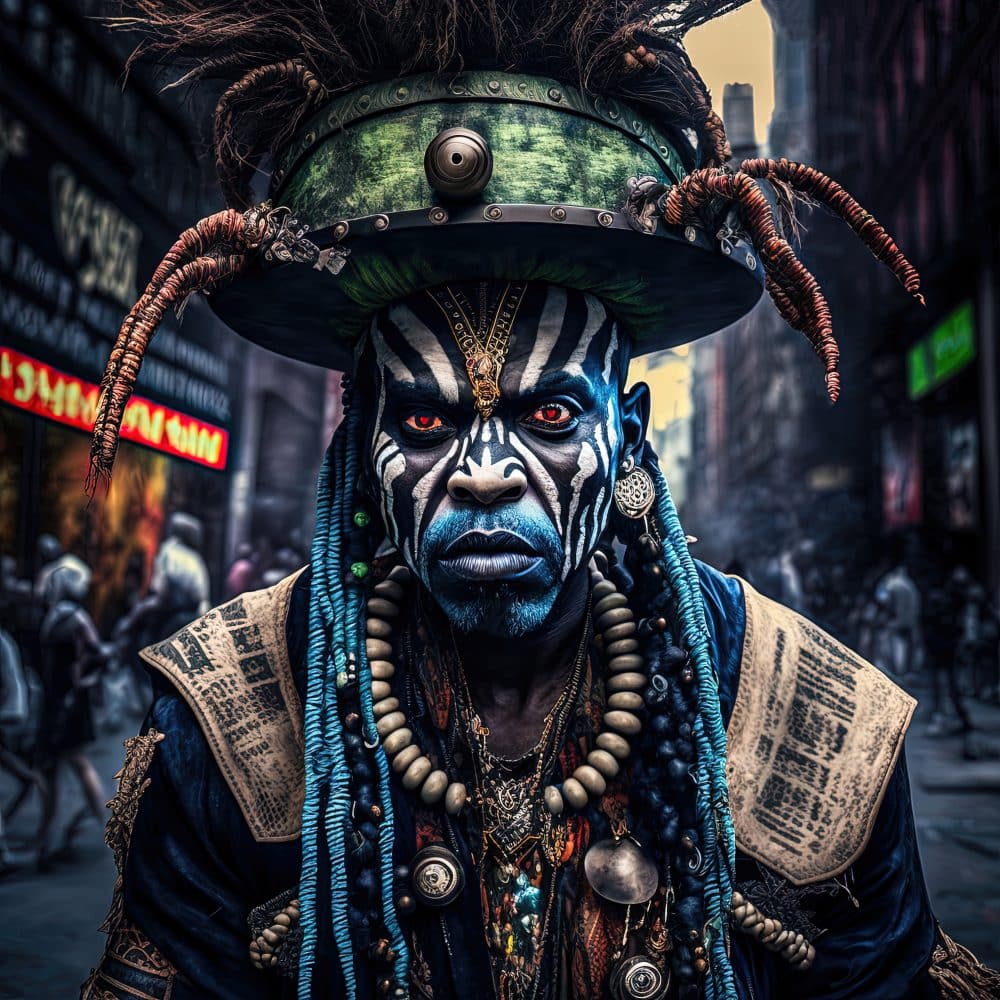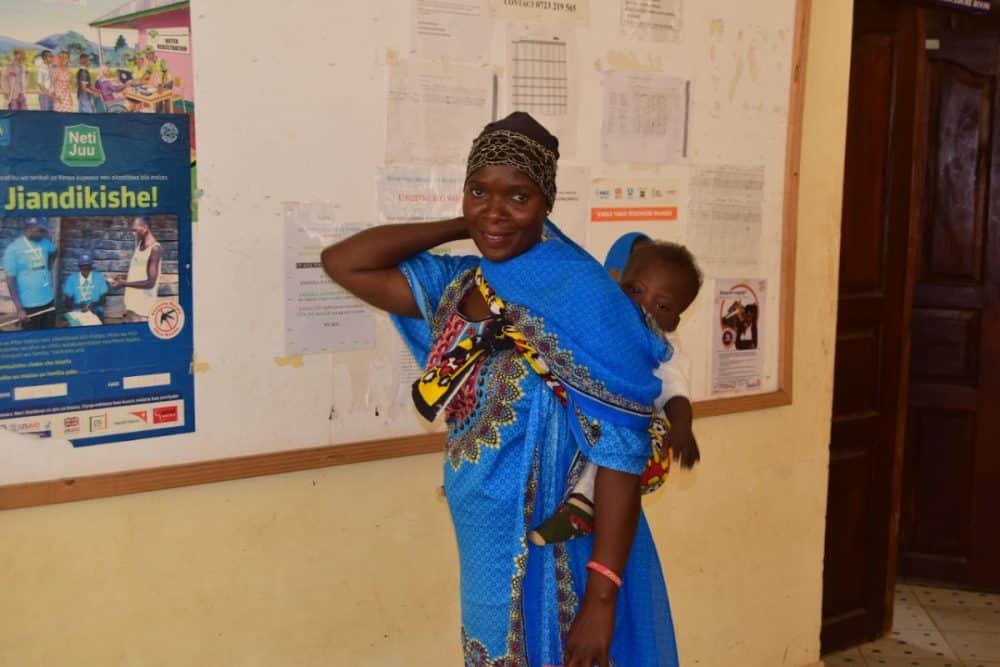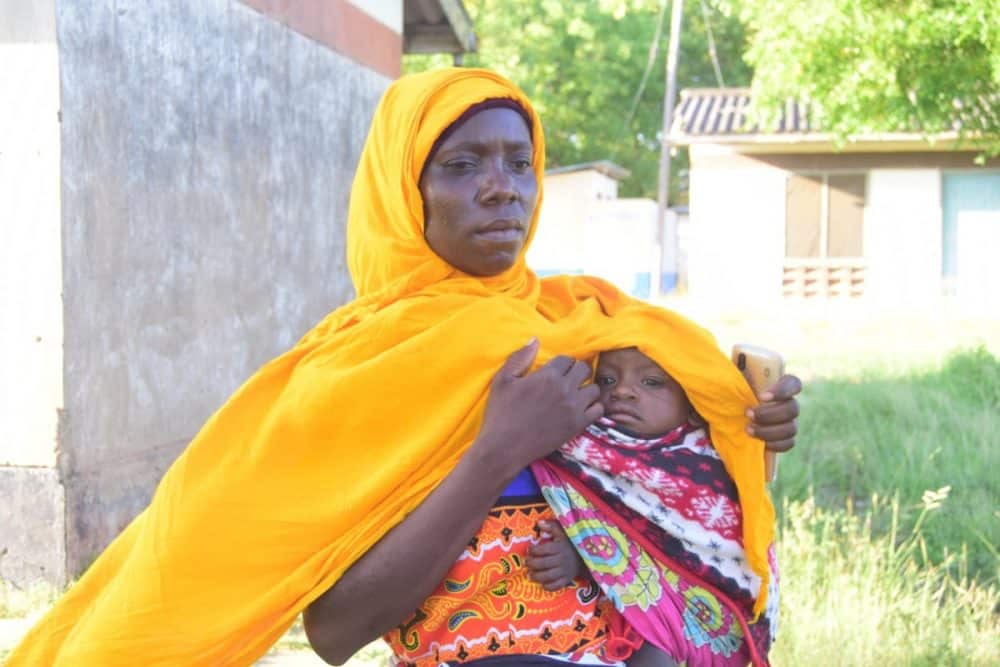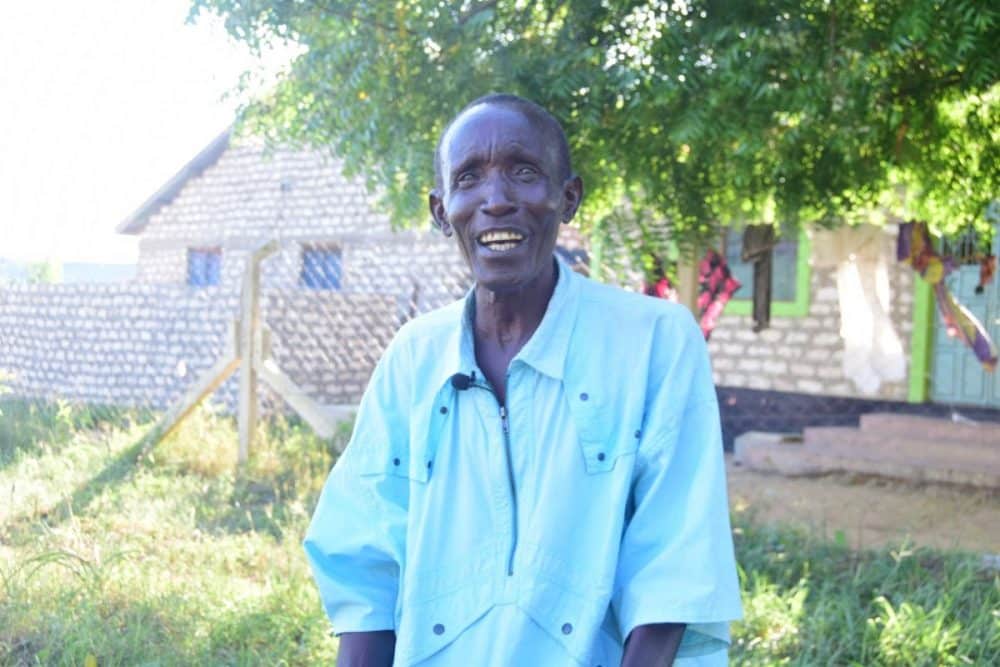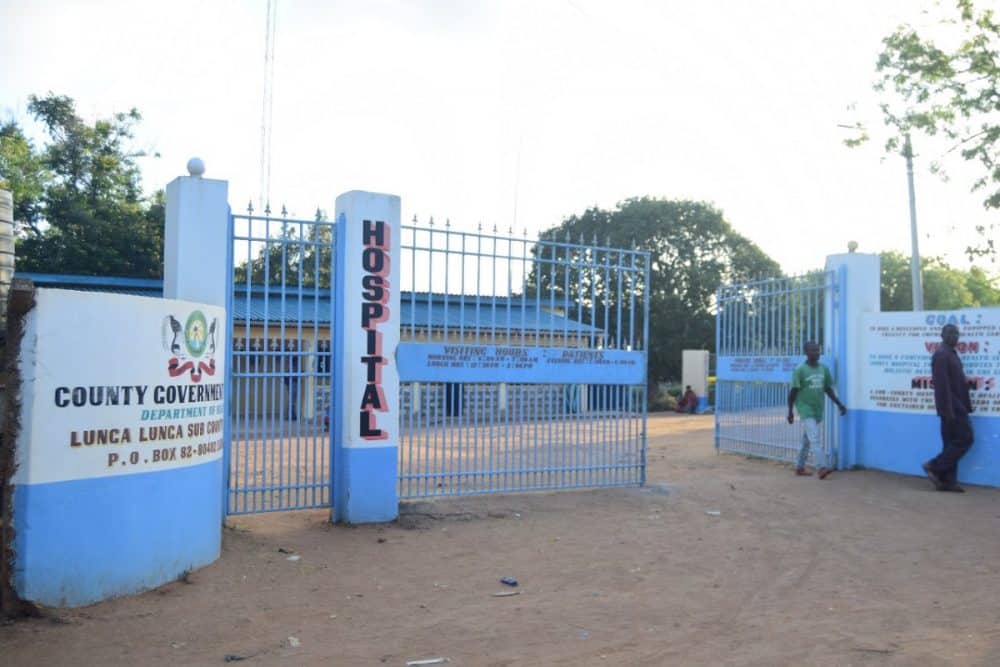ANOTHER TRADITIONAL DOCTOR
After one week, Asha’s mother advised her to take the child to Coast General Teaching and Referral Hospital after it became evident that the ‘black magic’ was not helpful.
However, her husband opposed it, saying they should give it (black magic) more time before they go to the hospital.
They were then directed to another traditional healer called ‘Mzee Try’ in Kisauni.
“Your child has been really affected by ‘Chira’. If I give you my medication, your son should be healed within a week. He will be very healthy,” Mzee Try told them.
Chira is a belief among the coastal communities that a child would become terribly sick if one partner engages in extramarital sexual affairs.
Asha’s sister, who stays in Mwapala in Shimba Hills in Kwale county, called to ask how the child was faring.
“We told her he was still sick and in pain, and she said she knows of yet another renowned healer in Shimba Hills who could help us. The healer told us my child has been possessed by evil spirits. He will never walk or talk,” Asha said.
The traditional healer asked them to bring two cocks: a red one and a black one.
“I did not have the hens with me at that time. He administered some traditional ‘first aid’ and asked for Sh900,” she says.
“We went back after a day with the cocks. He yet again asked for three kilogrammes of rice and gave me some oil to be used for seven days. We stayed at the house of the traditional healer for a whole week. Nothing changed.”
After three attempts to visit traditional healers, Asha decided to visit Lunga Lunga Subcounty Hospital for medical attention, and the doctors referred her to Msambweni County Referral Hospital for X-rays.
“Before the xX-ray results were out, we were referred to yet another traditional healer in Mwangulo. This healer was my husband’s aunt,” she says.
The relative told them her son was possessed by seven jinis, adding that they would have to dance for a whole night to oust them.
“We were required to buy three special clothes. She asked for eight hens: one of the hens should be ‘disabled’, either without a leg, wing or eye. One should be a white cock, a black one and a red one,” she says.
Four hens were for the traditional healer and four were to be slaughtered as sacrifices.
“The healer also asked for a black goat and Sh7,540 cash money. We danced from 3pm throughout the whole night, while my child was being bathed in cold water,” Asha says.
Once back home, however, nothing changed. The situation became worse and the child stopped breastfeeding for two weeks. He was very sick.
She went back to Lunga Lunga Subcounty Hospital and was advised to go to the tuberculosis clinic. The doctors asked for the child to be admitted before they could collect the samples for testing.
The young boy was diagnosed with TB and immediately placed on medication in August.
It is now three months since Hussein started his medication and his health has really improved. He now crawls and tries to stand on his own.


